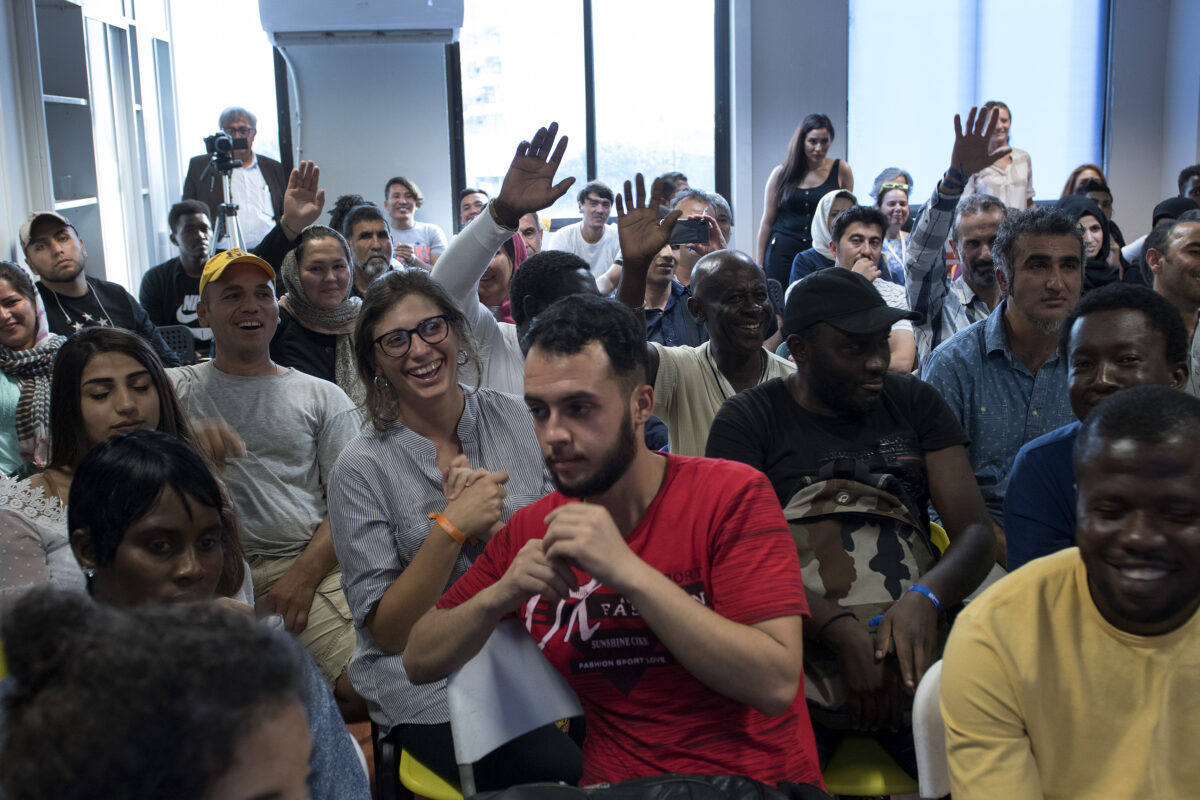Organisations share recommendations for the best use of EU funds for refugees
 copyright Alexandros Avramidis
copyright Alexandros Avramidis
Athens, 14 July 2020 – Four Civil Society Organisations operating in the field of migration in Greece, published today a policy brief with recommendations addressed to national authorities about the best use of EU funds for the integration of asylum seekers, refugees and migrants in the country.
Despite availability of funds, efforts to integrate refugees and migrants in Greece have been limited and fragmented so far and for the government which came to power a year ago, integration does not seem to be high on its agenda. Complex funding procedures, limited collaboration and coordination between stakeholders and often lack of political will, are some of the barriers to the social inclusion of third country nationals, which when combined with exclusionary policies and heated debates at the political level, frequently lead to racist behaviours and even violence against migrants, refugees and those who assist them.
The fast-approaching next Multiannual Financial Framework (MFF) -Europe’s seven-year spending plan- is an opportunity for Greece to improve its social policies for everyone and revisit its integration approach and strategy for third country nationals. It is an opportunity that the country cannot afford to miss, especially following the Covid-19 crisis which will have an extremely negative effect on societies, economies and vulnerable groups, if appropriate responses are not adopted.
The policy brief by SolidarityNow; Generation 2.0 for Rights, Equality & Diversity; the Greek Forum of Refugees and Terre des hommes Hellas, suggests ways to improve the management of funds and programmes while it also takes a deep look into the three main aspects of integration -education and vocational training; employability and housing- and recommends specific steps and actions for their enhancement. All recommendations are the outcome of discussions among numerous stakeholders in the field of migration, including Greek national and local authorities, EU institutions, civil society actors and international non-governmental organisations, during a conference that took place earlier this year.
The organisations urge Greek competent authorities to take into account the proposed suggestions when submitting their proposals to the European Commission for the next funding period, and use available EU funds to ensure social cohesion and create a more inclusive society for all.
Download the policy brief here.

 Ελληνικά
Ελληνικά

